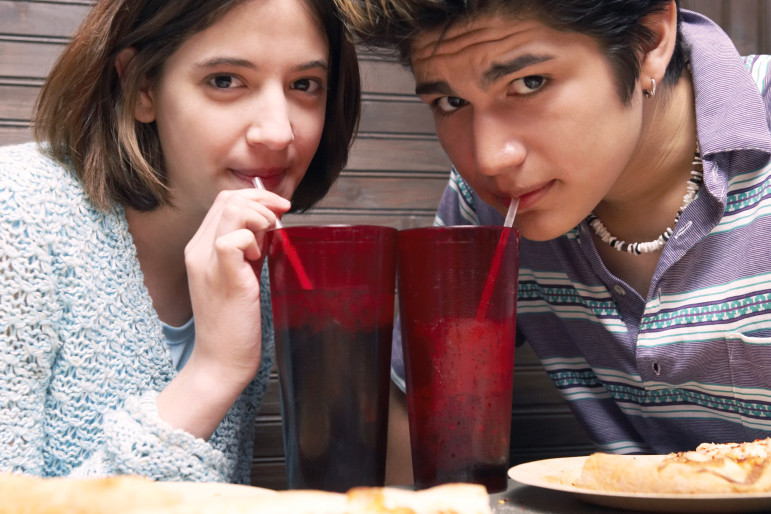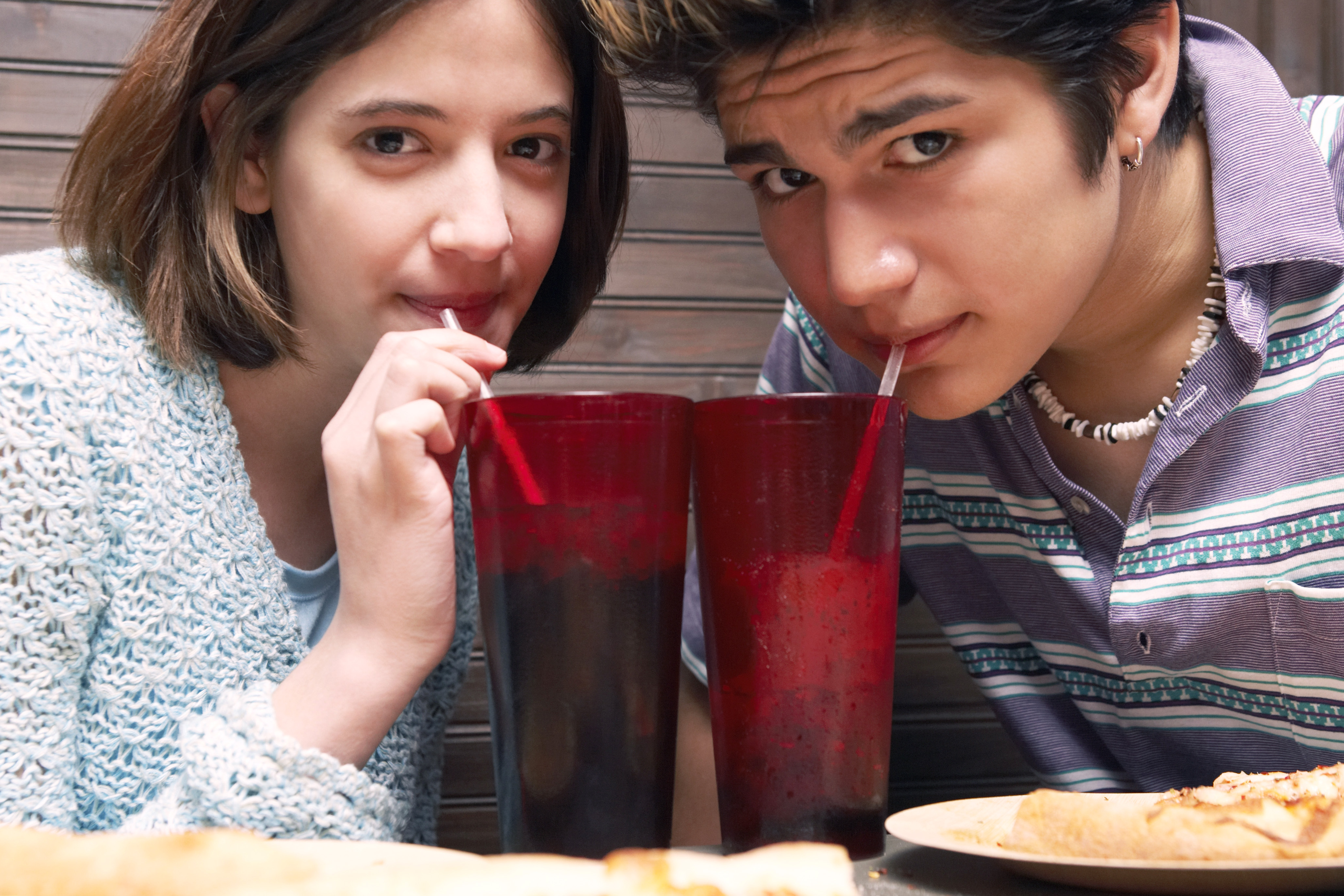 Though the soft drink industry has been busy countering public health initiatives to fight obesity, sugary drinks are much less available in school, according to the Center for Science in the Public Interest.
Though the soft drink industry has been busy countering public health initiatives to fight obesity, sugary drinks are much less available in school, according to the Center for Science in the Public Interest.
Since 2009, PepsiCo, Coca-Cola and the American Beverage Association have spent more than $100 million to fight such initiatives as taxing sugary beverages, according to the Center.
But starting one year ago, the Healthy Hunger-Free Kids Act, took effect, reforming school lunch and breakfast programs by improving the nutritional safety net. The federal law was passed in 2010.
“It used to be that there was a ton of soda and sugary iced tea and juice” in schools, said Margo Wootan, director of nutrition policy at the Center for Science in the Public Interest.
“The amount of soda in schools has been reduced significantly,” she said.
Under the new law, no soda at all is allowed in elementary and middle schools, and high schools may only have reduced-calorie soft drinks, she said.
The law does not specifically address after-school programs, however.
[Related: Changes to Federal After-school, Summer Meals Programs Sought]
Coca-Cola and PepsiCo are also members of the Better Business Bureau’s Children’s Food and Beverage Advertising Initiative, which helps companies avoid marketing junk food to children under 12. They’ve agreed not to advertise soda on children’s TV programs, child-focused websites and in other media.
“Coke and Pepsi have taken good steps … but they still have work to do,” Wootan said.
There is still a lot of marketing in schools. Cokes may be pictured on the front of vending machines, for example.
“A lot of states and local areas are working to deal with other marketing in schools,” she said.
Recently a New York Times article said that Coca-Cola was funding supposedly impartial research that focused on exercise rather than calorie consumption as the best way to reduce weight. The beverage maker has provided $1.5 million to start the nonprofit Global Energy Balance Network, which advocates paying more attention to exercise and less to dieting, the Times article said.
More articles related to this one:
GameChangers Reaches Middle School Boys With Message About Violence Against Women
Talk to Kids about Alcohol Early to Avoid Binge Drinking
Want Fries with That? Only if it’s Regulated
Kids’ Cooking Program Expanding
































